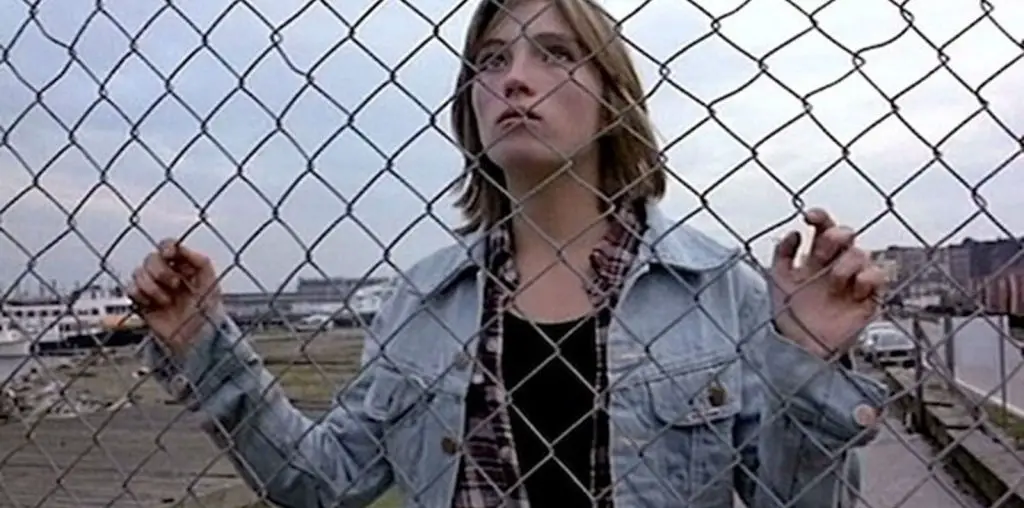
The praiseworthy dramas of Italian director Luca Guadagnino always give us something to think about and to remember. Usually, the mature stories he addresses are set in his country of origin, involving local and foreign characters, whose experiences are unhurriedly depicted with a true heart and a non-judgmental posture.
If the British Tilda Swinton was the star in the previous installments of his Desire trilogy, I Am Love and The Bigger Splash, the American actor Armie Hammer was the one to appear in the bold final installment, Call Me By Your Name. He is Oliver, a handsome 24-year-old anthropology doctorate who arrives at the Northern Italian countryside to intern for six weeks with professor Perlman (Michael Stuhlbarg), a summit in the field.

“The filmmaking style, evoking the wonderfully languid cinema of Eric Rohmer and Bernardo Bertolucci, reflects, even more, the vivid three-dimensionality of the characters.”
The year is 1983, and the sun abundantly bathes the beautiful villa of the Perlmans. All the members of this American Jewish family are excited to receive the also American Jewish Oliver, with the exception of the 17-year-old Elio (Timothée Chalamet), the professor’s eldest son, who sees his privacy compromised and his comfort dimmed. Besides sharing the bathroom with the guest, he was politely forced to offer his room either. It’s perceptible that Elio is a bit annoyed by Oliver’s arrogance and carefree posture. However, on the other hand, he becomes very attracted to this man, whose sociable nature, self-confidence, and irresistible charm have a magnetic effect on him.
Both the adult and the teenager flirt with girls. The older one with the local Chiara (Victoire Du Bois), and the younger with his girlfriend Marzia (Esther Garrel), a Parisienne around his age, who is experiencing love for the first time. But the compulsive seduction game between the men keeps happening as their desire grows without dissimulation or fears. This is naturally depicted rather than forced.
Despite having sharp eyes, Elio’s lenient parents don’t meddle directly in their son’s affairs. They seem inattentive and a bit detached, with the housekeeper, Mafalda (Vanda Capriolo), assuming the authority and rebuking Elio whenever he deserves. Yet, this initial perception has proven to be false, since the couple, aware of the special bond between their son and their guest, suggest they take a farewell trip to Bologna.

“… the compulsive seduction game between the men keeps happening as their desire grows without dissimulation or fears…”
The drama is filled with raw emotions and evinces an incredible honesty in terms of storytelling. The filmmaking style, evoking the wonderfully languid cinema of Eric Rohmer and Bernardo Bertolucci, reflects, even more, the vivid three-dimensionality of the characters. Guadagnino did an amazing job with James Ivory’s script, an adaptation of André Aciman’s novel of the same name, and was granted with superior performances by Chalamet and Hammer in order to bring to the surface any emotional complexity that their words couldn’t express.
Apichatpong Weerasethakul’s cinematographer, Sayombhu Mukdeeprom, opted to shoot in 35-mm to accurately capture the sexual awakening of a young man, who, at the end, becomes inconsolable, suffering violently with the loss of his first true love. Who hadn’t been there?

Call Me By Your Name (2017) Directed by Luca Guadagnino. Written by James Ivory. Starring: Armie Hammer, Timothée Chalamet, Michael Stuhlbarg.
8 out of 10


BTW, did you know that Timothée Chalamet is Jewish?
His mother, who is American, is Jewish. I mention this because the mainstream media is pathologically obsessed with exactly only one half of his background, French, and categorically refuses to mention his other half, Jewish. Even though his character in this movie isn’t French – he’s Jewish, and spends half the movie wearing a Star of David.
So if not now, when?
In fact, Call Me By Your Name is the rare major film where three actors of Jewish heritage (Chalamet, Hammer, Stuhlbarg), play Jewish characters in the leads.
Please accept this as gentle ribbing, but I’m impressed that you correctly spelled the names of Apichatpong Weerasethakul and Sayombhu Mukdeeprom but mistakenly credit the screenplay to John Ivory instead of James. Lovely review though 🙂